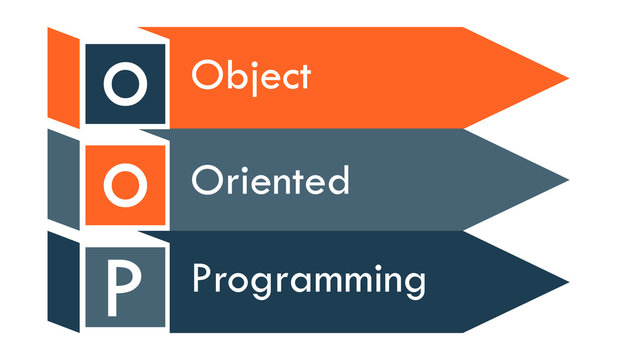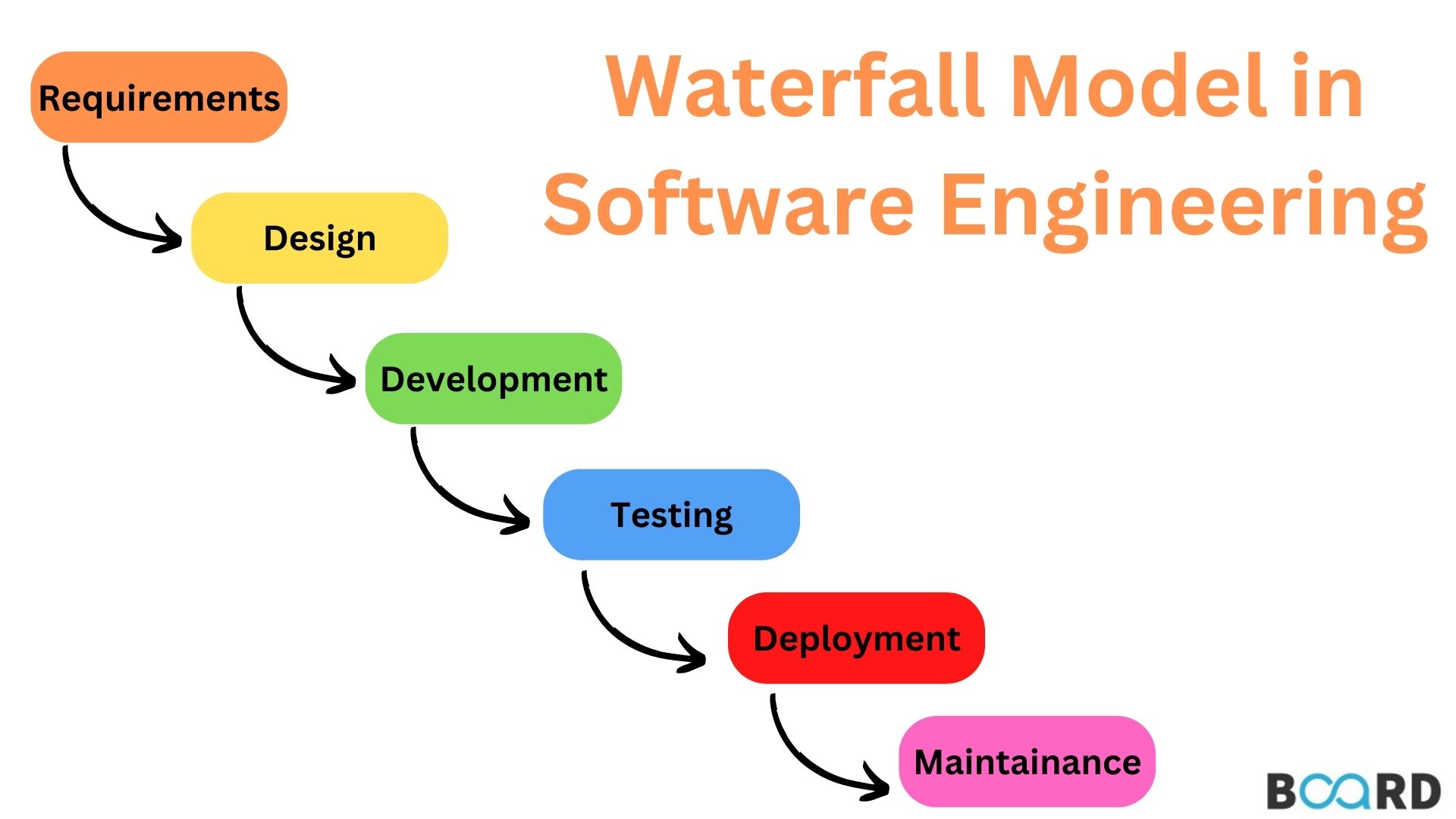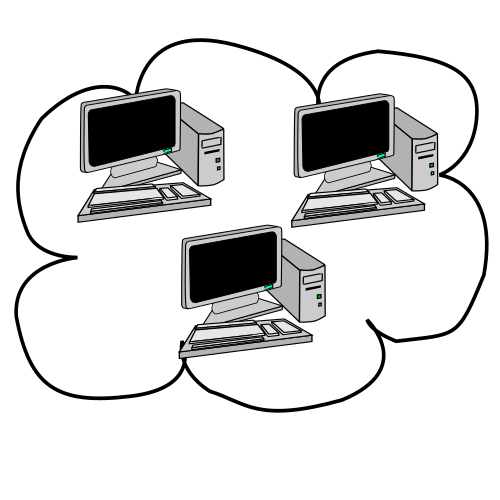
This module unit is intended to provide the trainee with knowledge and skills
to develop programs in Object-Oriented Languages.
- Teacher: Admin User

Moodle is an open-source Learning Management System (LMS) that provides educators with the tools and features to create and manage online courses. It allows educators to organize course materials, create quizzes and assignments, host discussion forums, and track student progress. Moodle is highly flexible and can be customized to meet the specific needs of different institutions and learning environments.
Moodle supports both synchronous and asynchronous learning environments, enabling educators to host live webinars, video conferences, and chat sessions, as well as providing a variety of tools that support self-paced learning, including videos, interactive quizzes, and discussion forums. The platform also integrates with other tools and systems, such as Google Apps and plagiarism detection software, to provide a seamless learning experience.
Moodle is widely used in educational institutions, including universities, K-12 schools, and corporate training programs. It is well-suited to online and blended learning environments and distance education programs. Additionally, Moodle's accessibility features make it a popular choice for learners with disabilities, ensuring that courses are inclusive and accessible to all learners.
The Moodle community is an active group of users, developers, and educators who contribute to the platform's development and improvement. The community provides support, resources, and documentation for users, as well as a forum for sharing ideas and best practices. Moodle releases regular updates and improvements, ensuring that the platform remains up-to-date with the latest technologies and best practices.
Links of interest:

This module unit is intended to provide the trainee with knowledge and skills
to develop programs in Object-Oriented Languages.

This unit covers the competencies required to perform system analysis and design.
It involves understanding System Analysis and Design Fundamentals, understanding approaches to system Development and Project planning, Performing System Analysis, identifying essentials of System Design, understanding advanced Design Concepts, Performing System
Implementation and understanding of Current Trends in System Development

This unit specifies the competencies required to control ICT security threats.
It involves
identification of security threats, establishing and installing security measures, deployment of
security measures, system vulnerability testing, and monitoring.

This unit covers the competencies required to develop computer program

This unit covers the competencies required to perform computer networking activities.
It involves identifying network types, connecting network devices, configuring network components and workstations, networking testing, monitoring, and maintaining.

This unit covers the competencies required to understand how internet communication and
browsing is done.
It involves understanding fundamental concepts of the internet, accessing the
Internet, demonstrating the use of search engines and application of internet communication
tools.